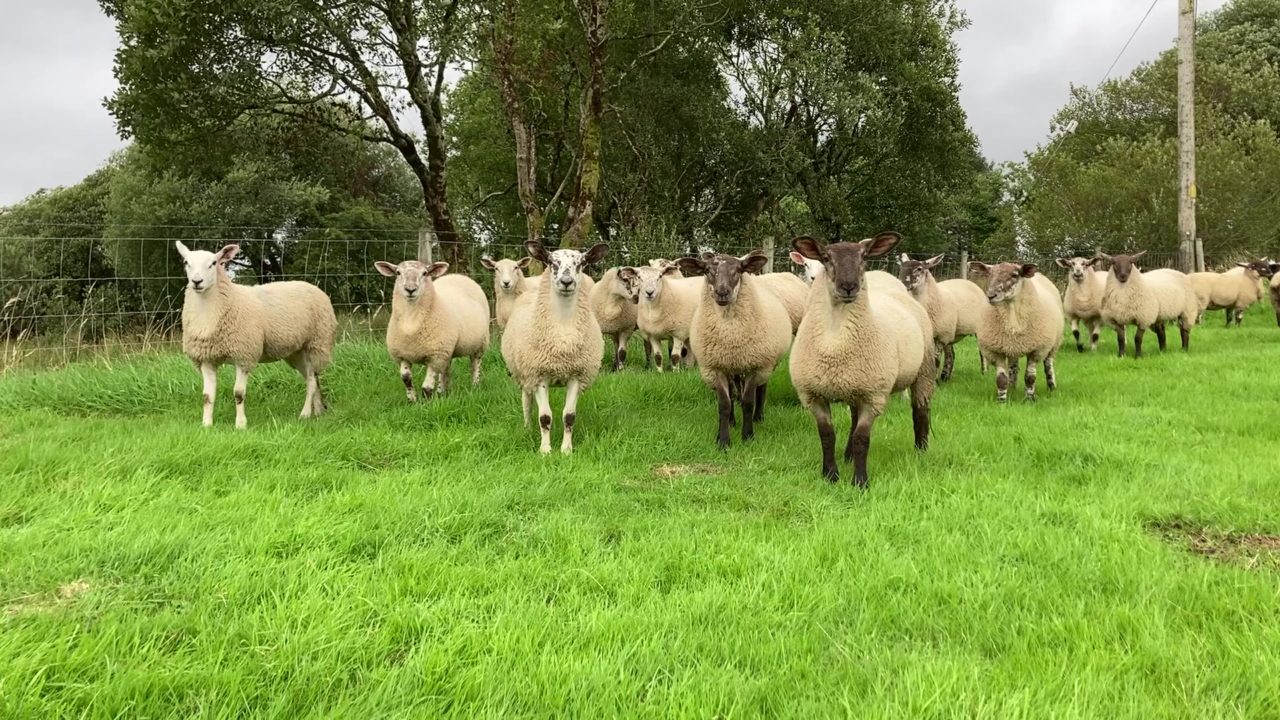Securing the future of non-intensive sustainable agriculture in the UK is a key part of the answer to current debates in food policy, farmers in Wales have said.
With the UK government’s response to the National Food Strategy for England published today (Monday, June 13), Welsh farming representatives have argued that sustainably farmed red meat such as Welsh Lamb – over half of which is sold over the border to English consumers – offers solutions to the problems currently affecting the food system.
The government’s white paper highlights the importance of food security and sustainability, as well as the need to respond to current cost-of-living pressures and rising food prices.
Farmers in Wales say that sustainably and ethically produced Welsh red meat can be part of a future food system which meets these challenges.
Gwyn Howells, chief executive at Hybu Cig Cymru – Meat Promotion Wales (HCC) said:
“There are a number of issues which need addressing in our current food system. Obviously, the challenge of climate change is urgent and all sectors must play their part.
“Also, we must address food security, and be resilient in the face of external shocks such as the recent rise in costs and the war in Ukraine.
“Rather than looking to faddish solutions, it’s time to support types of regenerative farming that are suited to the landscape and climate of these islands.
“Lamb and beef production in Wales, according to independent research, is already much lower in terms of emissions than most other countries, and projects are underway to reduce the climate impact even further.
“Welsh livestock farmers use non-intensive methods, using land that’s unsuitable for other types of farming, and relying overwhelmingly on grass and rainfall rather than the additional inputs which are rocketing in their cost.
“Any policies which put at risk our productive and sustainable domestic livestock sector present real dangers.
“Families could face increasing food bills, and we may end up importing more food which may be produced to lower environmental and welfare standards.”

